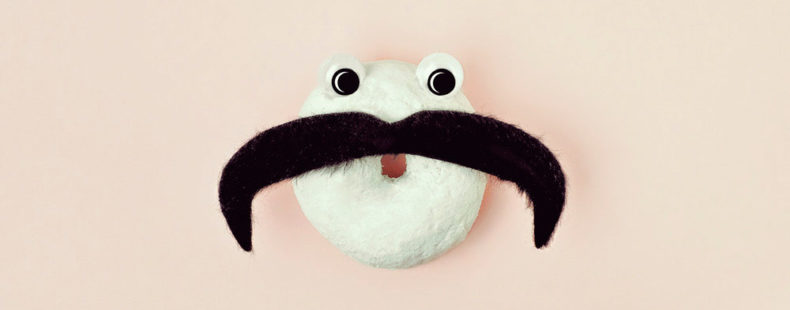OMG
The first citation of “OMG” in the Oxford English Dictionary appears in a 1917 letter from the British admiral John Arbuthnot Fisher to Winston Churchill. He writes, “I hear that a new order of Knighthood is on the tapis–O.M.G. (Oh! My God!)–Shower it on the Admiralty!!” The fact that Fisher, who was 76 at the time, defines OMG in his letter suggests that he thought he might have coined the term.




























